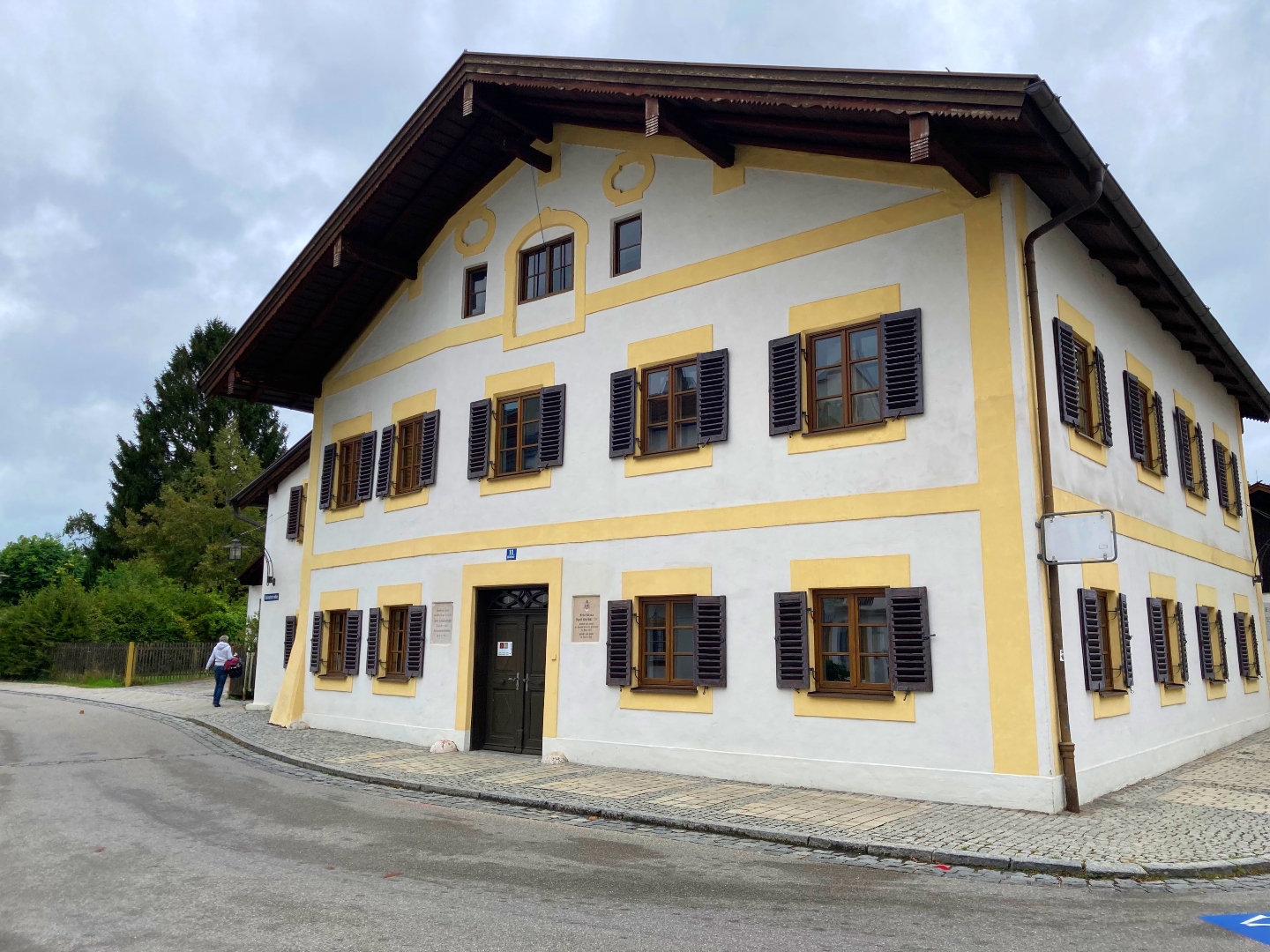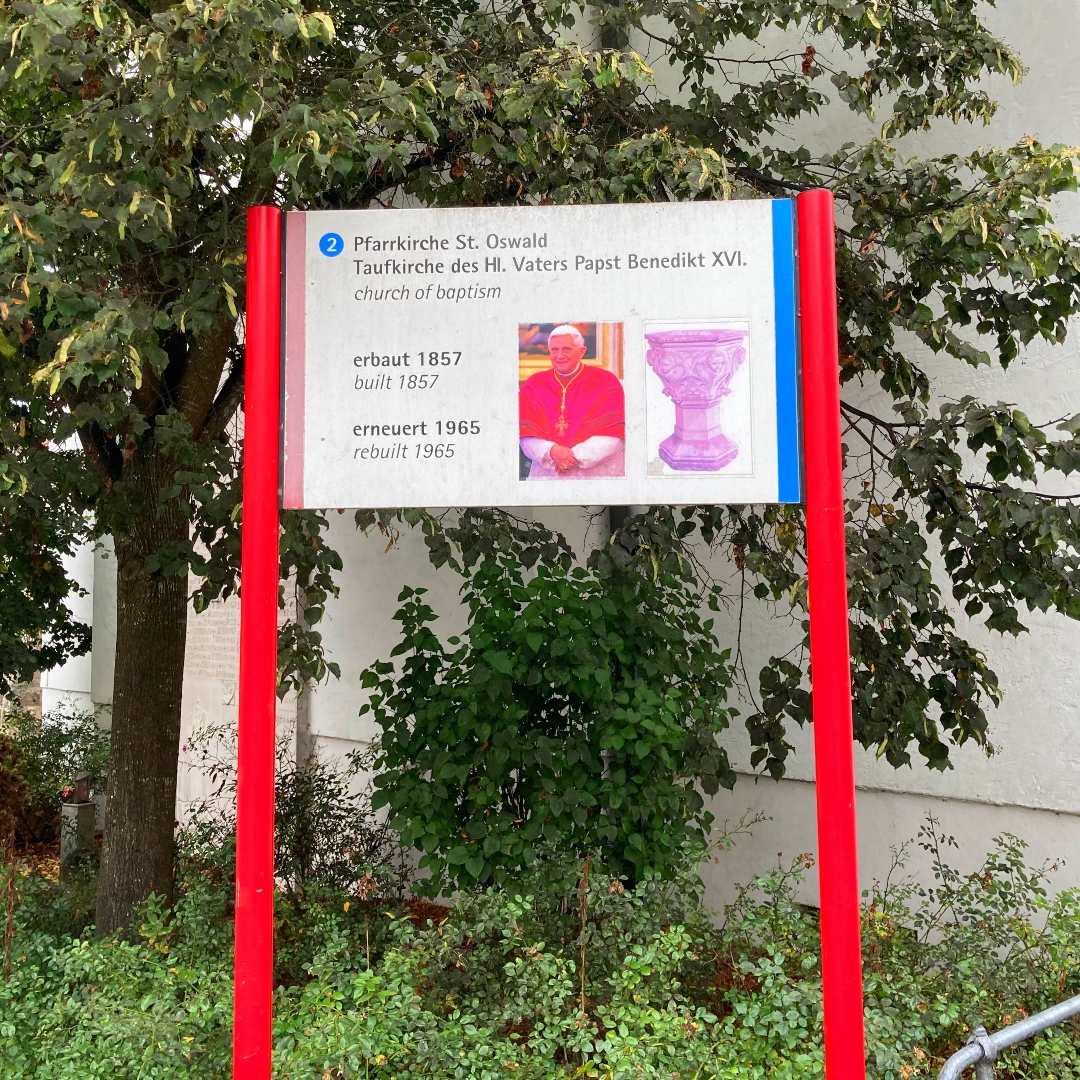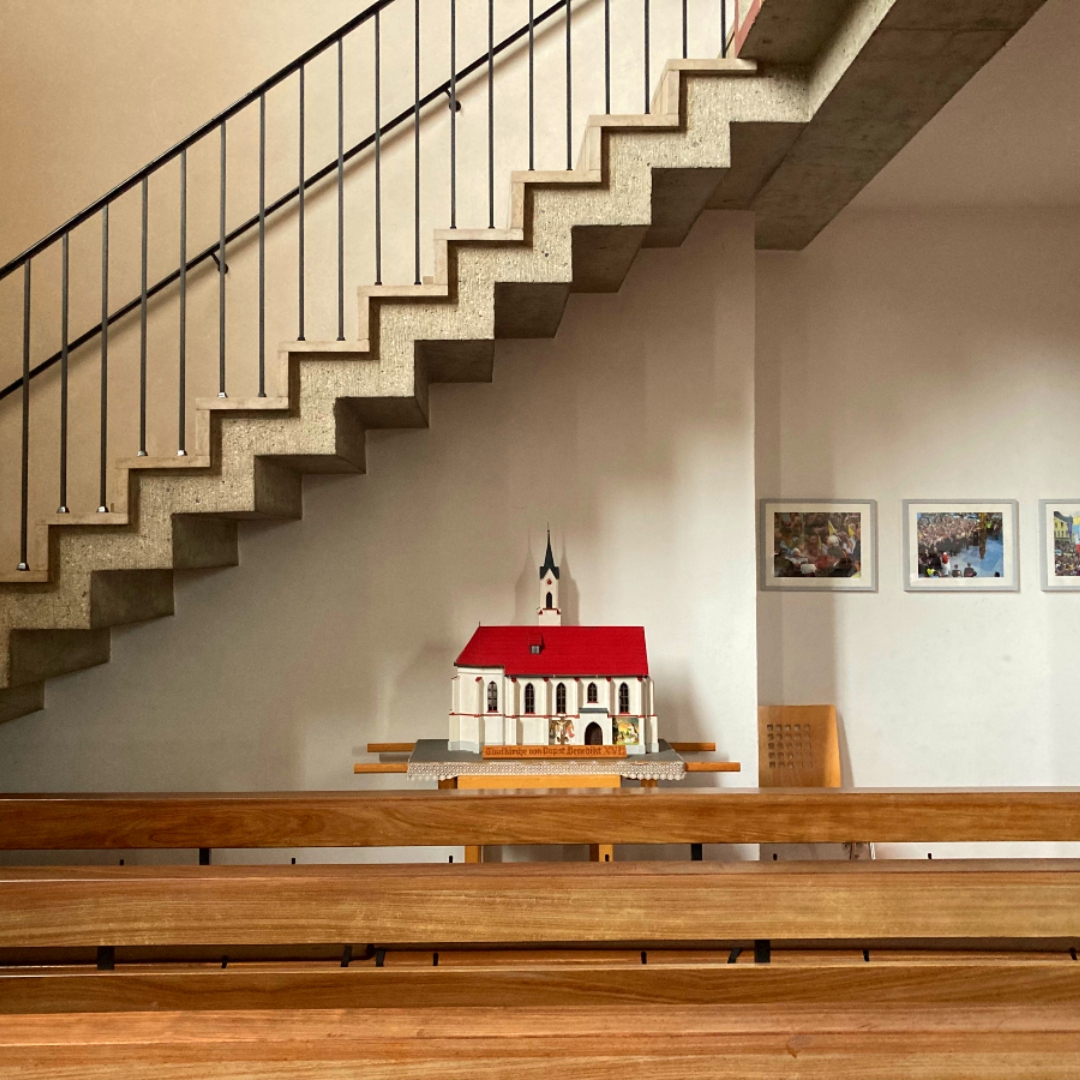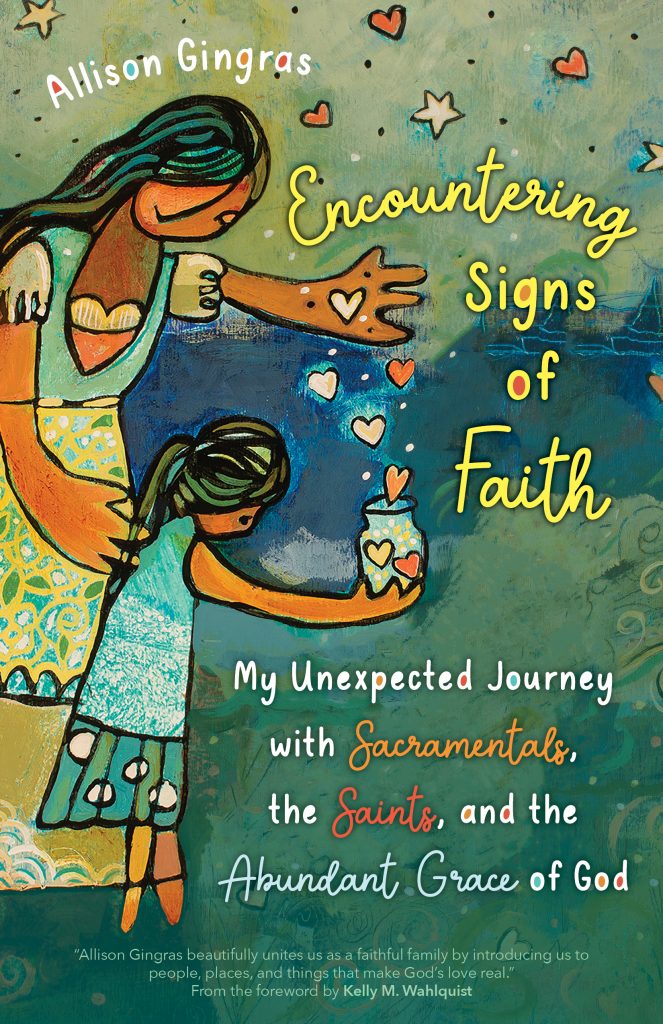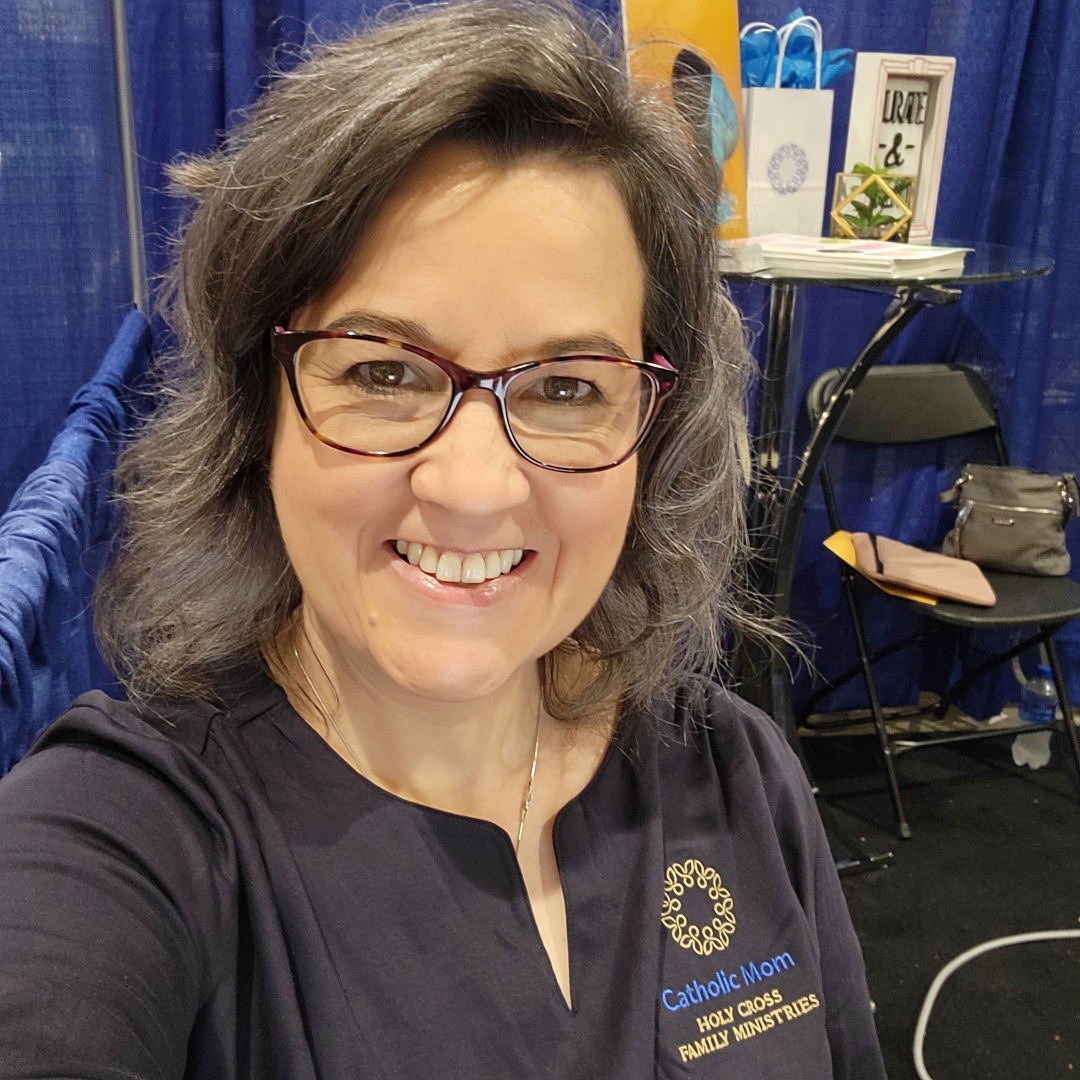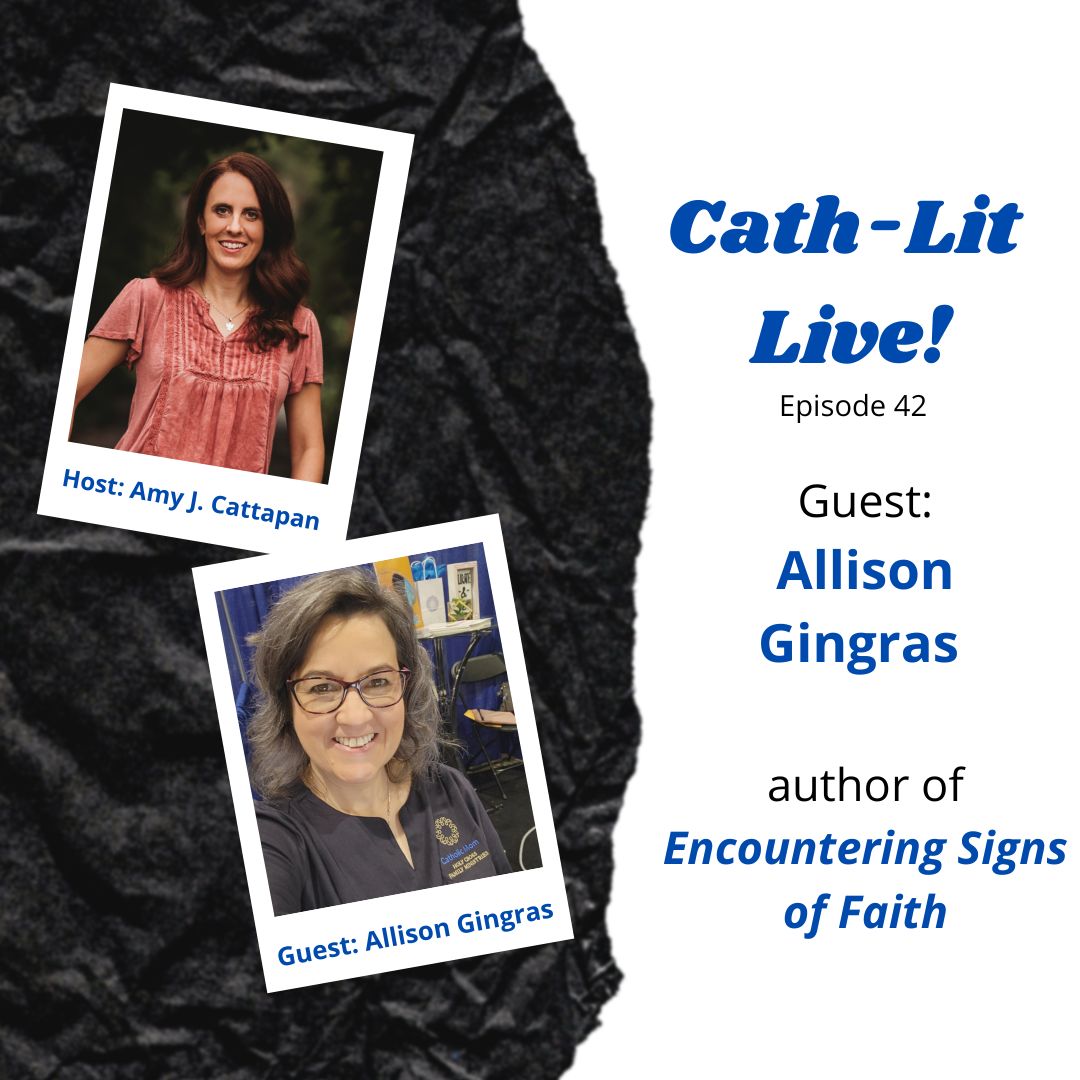May I Have This Dance?
May I Have This Dance?
I recently spent the day waiting for a family member undergoing a medical procedure. As we hunkered down in the lobby, a gentleman played the piano, filling the open atrium with melodies. We enjoyed reminiscing on some songs from the past, and I noticed how those conversations put our worried minds at ease. A hospital employee arrived at our table asking if we liked the piano music and if we would dance.

How lovely it was to see her go from table to table, bringing smiles to worried families looking for anything to occupy their minds while they waited. I never saw anyone accept the dance offer in the hours we spent in that space. However, moods were lifted, achieving the ultimate goal. I thought how wonderful it was for the hospital to provide this type of service and how nice of the employee to present it so joyfully. Little niceties like this are heaven-sent moments where God joins us in the dance.
Over the last several years, music therapy has become a staple in healthcare, and I am a big fan. Not long ago, I spent time with my uncle, who had suffered a stroke. Uncle Boo, I called him, had been a wedding singer for many years, and music meant the world to him. When the nurses on his floor learned of his passion, they quickly ordered music therapy at his bedside. I was blessed to have been visiting him on a day when the therapist arrived. The stroke left his voice weak, but that did not slow him down.
Singing his favorite songs with the therapist brought tears, laughter, and an unforgettable smile to his face. The connection the therapist made with my uncle was like watching two old friends dancing cheek-to-cheek. Setting aside my emotions, I managed to record a voice memo on my phone as my uncle softly sang the lyrics, “All my lovin’, I will send to you,” and “Don’t you look back.” I relish the gift God gave me that day—an opportunity to play the recordings back, close my eyes, and dance. Reflecting on that memory today, I realize how blessed I was to have chosen that particular moment to pop in for a visit, not to mention that this was God filling His dance card.
In both instances, music was a gift presented by God through a person who was trained and highly qualified, not to mention motivated to share their gift. That does not mean that only trained professionals can present gifts of this sort. For instance, before we were married, my husband asked me to dance in the middle of a candle store. It ultimately led to a dance with the same song on our wedding day—when God filled his and my dance cards.
It makes me wonder how many other events, not only in my life but for everyone, are times when God asks us to dance. More obvious moments might be when the trees sway in a soft breeze inviting us to swing side to side as we watch the leaves dance. Or, perhaps, the joy on a child’s face as they ride on the playground.
I can go on and on with different scenarios, and I’m sure there are many you can think of, also. God is with us in all things, big, small, medium, and large, especially in the twinkling of a dance. Embrace these joy-filled moments of glee and savor them with prayers of gratitude, a note in your journal, or sharing with a friend. My prayer for you, the reader, is that you tune into the little niceties as gifts from God. Consider them precious moments when God shows up with His dance card. Like a little girl with her daddy, learning to dance, except this time, God is leading the steps.

Copyright 2023 Kimberly Novak
Images Copyright Canva


